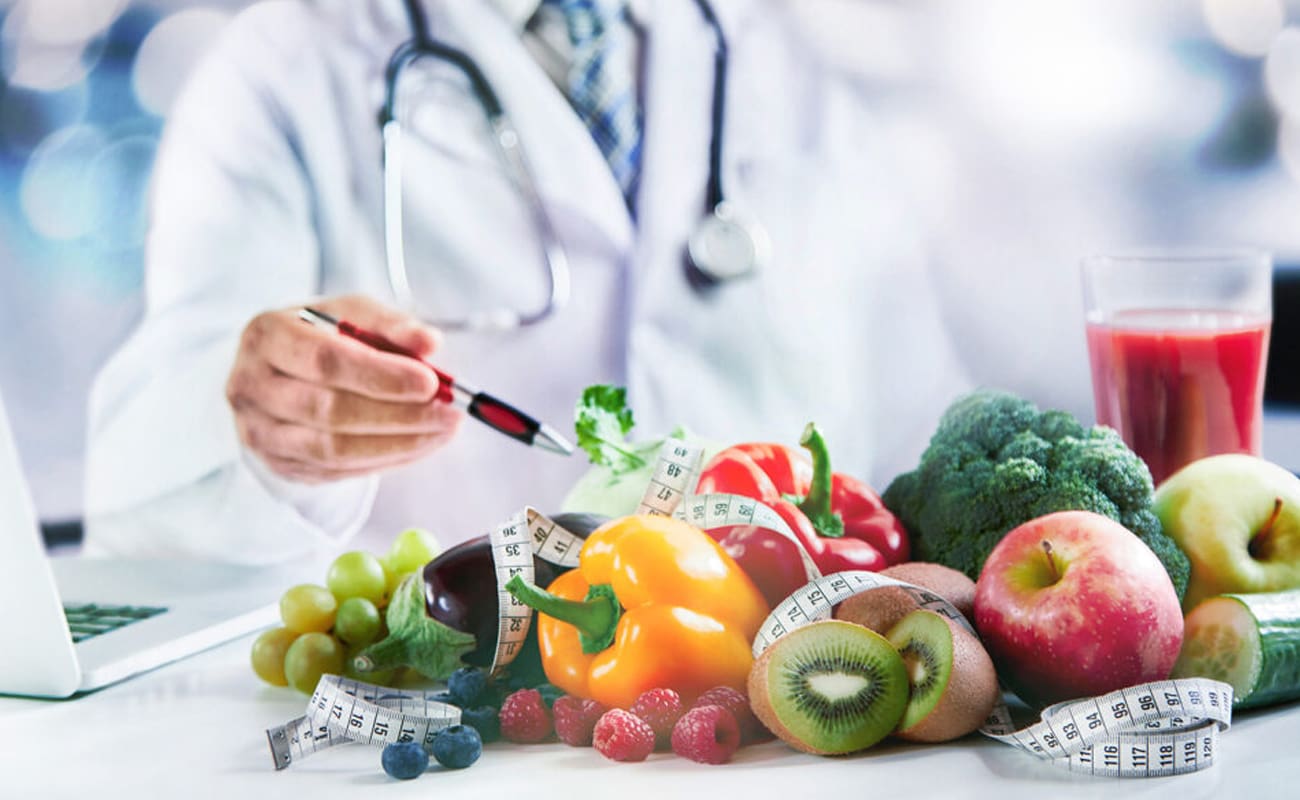The Meals and Recipes category offers an inviting and accessible gateway into the world of plant-based cuisine, proving that eating compassionately can be both delicious and nourishing. It offers a curated collection of culinary inspiration that not only eliminates animal products but embraces a holistic vision of nourishment—blending taste, health, sustainability, and compassion.
Rooted in global food traditions and seasonal eating, these meals go beyond simple substitutions. They celebrate the rich biodiversity of plant-based ingredients—whole grains, legumes, fruits, vegetables, seeds, and spices—while emphasizing accessibility and affordability. Whether you’re a seasoned vegan, a curious flexitarian, or just starting your transition, these recipes accommodate a wide spectrum of dietary needs, skill levels, and cultural preferences.
It invites individuals and families to connect over food that aligns with their values, to pass down new traditions, and to experience the joy of eating in a way that sustains both body and planet. Here, the kitchen transforms into a space of creativity, healing, and advocacy.
No, all the nutrients you need for a healthy vegan diet can be found easily and abundantly through plant-based foods, with perhaps one notable exception: vitamin B12. This essential vitamin plays a critical role in maintaining the health of your nervous system, producing DNA, and forming red blood cells. However, unlike most nutrients, vitamin B12 is not naturally present in plant foods. Vitamin B12 is produced by certain bacteria that reside in the soil and the digestive tracts of animals. As a result, it is found in significant amounts primarily in animal products such as meat, dairy, and eggs. While these animal products are a direct source of B12 for those who consume them, vegans must seek alternative ways to obtain this vital nutrient. For vegans, it is crucial to be mindful of B12 intake because a deficiency can lead to serious health issues such as anemia, neurological problems, and …






















































